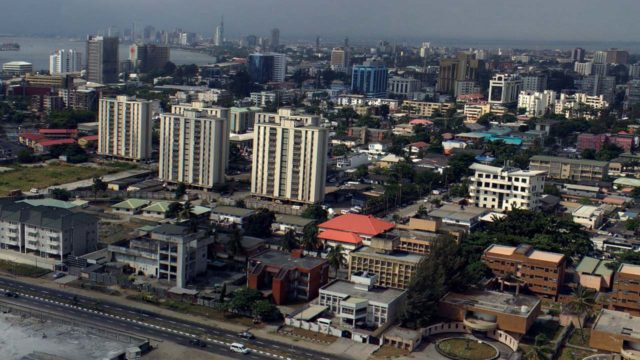The Chief Executive Officer of Save Our Heritage Initiative and culture advocate, Ms May Ikokwu, on Monday, reinforced the need for the preservation of heritage buildings and monuments in Nigeria.
Ikokwu made the call in an interview with the News Agency of Nigeria on the occasion of the 2022 World Heritage Day.
World Heritage Day or International Day for Monuments and Sites is celebrated annually on April 18 around the world, set to promote awareness of local communities and people about the diversity of cultural heritage, their vulnerability and ways of promoting and preserving them.
Ikowu explained that the preservation of heritage buildings and monuments were vital components of urban revitalisation and the economy, as they also happened to be a legit avenue for boosting internally generated revenue for the country.
“Heritage tourism is often rooted in historic buildings which generate revenue for the state or country like the Egyptian pyramids,” she said.
Ikokwu said that these powerful, tangible connections to our past were the ways in which people today would come in touch with the past.
According to her, heritage buildings were also increasingly accepted as important venues linking a new generation with an older one and therefore served as places for education and citizenship.
She explained that tourism would require more than a few monuments and buildings scattered all over the country.
“Other activities have to be planned around the locations to make them interesting because of their importance for historical records,” she said.
Ikokwu who re-emphasised the imperatives of preserving heritage buildings and monuments said it had the potential to revitalize old neighbourhoods, the buildings and the landscape, adding that such sites could engender improved quality of life, thereby maintaining community cohesion and unity.
She called on governments at all levels to begin to preserve heritage buildings and monuments aimed at keeping people, especially older persons, active and involved in their community.
“Some of the most significant benefits from the conservation of heritage buildings are related to economic issues.
“There would be tremendous growth in employment in the restoration industry in construction trades, professionals and product manufacturing.
”Enhanced municipal tax base through restored individual buildings and areas is also one of the greatest benefits with increased tourism,” she stated.
Ikokwu said that the preservation of heritage buildings would promote restoration – often cheaper than new constructions.
She thus stressed the essence for economic sustainability through the conservation of heritage buildings as often predicated on their economic sustainability, as well as for maintenance of such heritage buildings and monuments for the creation of more grassroot employment opportunities.
The activist identified some of the heritage buildings in Nigeria as: Mary Slessor House, Calabar; National War Museum, Abia; and First Storey Building in Nigeria, located in Badagry.
Others listed included: Gobirau Minaret, Katsina; Ancient Nok Settlement, Kaduna; Oba of Benin Palace, Edo; Ancient Kano City Walls, and Sungbo Eredo, Ogun.
Ikokwu also mentioned First Presbyterian Church, Calabar, and National Museum, Benin City – which contains priceless relics from the ancient Benin Kingdom, and others from elsewhere in Nigeria as important heritage buildings for national development and integration.
Credit: PunchNG


